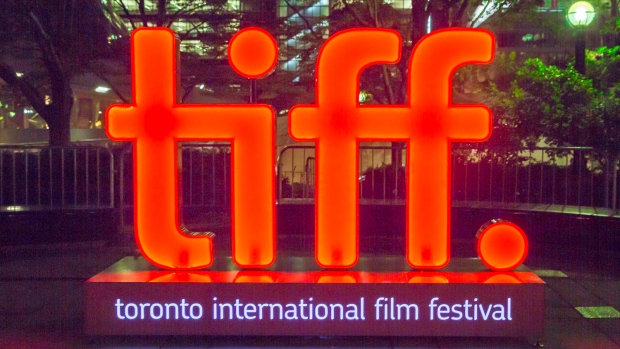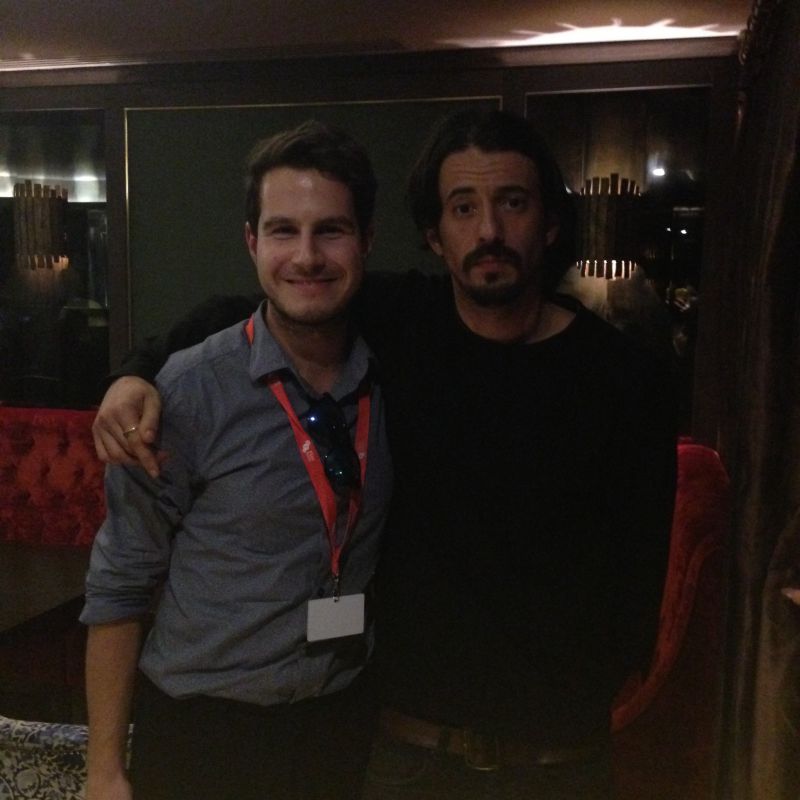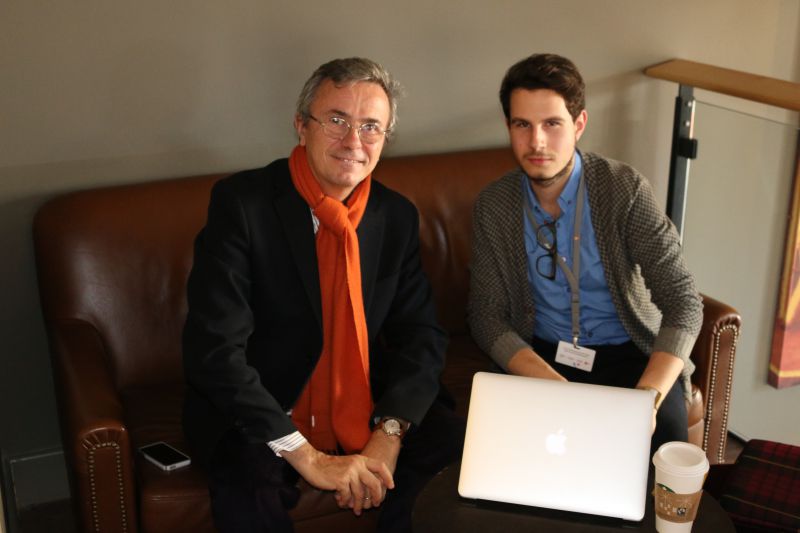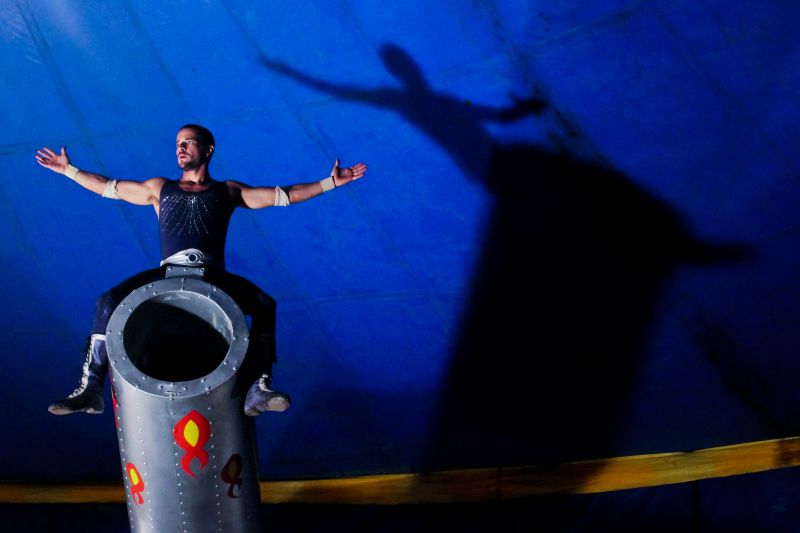|
|
||
|
Pro Tools
FILMFESTIVALS | 24/7 world wide coverageWelcome ! Enjoy the best of both worlds: Film & Festival News, exploring the best of the film festivals community. Launched in 1995, relentlessly connecting films to festivals, documenting and promoting festivals worldwide. Working on an upgrade soon. For collaboration, editorial contributions, or publicity, please send us an email here. User login |
Bille August: Masterclass at Marrakech IFF 14
How would you teach filmmaking? Which films would you show?
Some of my favourites, starting with The Godfather. Practicing is where you learn from, though. Only by doing mistakes you learn how to do better.
How has your life impacted your filmmaking?
I had a very bad childhood and my father was not a very nice man. (laughing) I lived in my fantasies, creating stories and creating theatre plays for my friends. At school I used to go and watch westerns and once only they showed us Fellini and this was the turning point that made me look at cinema through a different prism. I went to a film school and I became a director of photography, which laster for about 10 years. In the meantime I also wrote many scripts as part of my passion for making up new stories. I gave them to a production company and they liked it. That’s how it all happened.
What is the purpose of making films for you personally?
I think that it’s very thrilling and exciting to write a script and to actually find the necessity and the urgency in what you are doing. If you believe that there will be an audience interested in this idea, then you can get the right faces to match your characters during casting, that’s the important. If you have a good scene, you can build up a certain atmosphere and you know also that the camera is also helping you to get all the pieces together. When you watch the final product later you must feel as excited as the audience.
What do you consider a problem in filmmaking?
If you think that the director is bigger than the film then there’s apparently something wrong. The same counts for the actors. You have to believe that you serve your story - and not put yourself above it. If you have to deal with the adaptation (as in his latest film Silent hearts that premiered at Marrakech IFF14), you have to forget about the book and its fame, you have to focus on its qualities and expand them. Also you have to think of the visual and the cinematic angle, because we create for the screen after all.
Do you rehearse scenes when shooting?
I don’t believe in rehearsal. Because then all the spontaneity is gone and the scene can’t be ever done the same way. But I always talk to the actors, their point of view is valuable to create every scene. If improvisation feels right and it fits into the story, I am aways happy to accept it. In the preparation and the reading of the scene corrections are always accepted but I want to have a structure in my mind before shooting a scene. As Bergman had said, you should be clear about what you want, you cant rely on improvisation.
What do you usually demand from your actors?
I don’t want the actor to have a huge ego. If they have personal problems that are being delivered in the process of making the film, then it becomes extremely difficult. I love working with big celebrities, but the actors’ fame usually doesn't matter for me. A colleague of mine worked with a big movie star who told him “Im giving you three takes, thats all” - I think this would never bring the best results and I don't want it for myself.
What is the most prominent thing that you remember from when you started working with Bergman?
When I made my first film with Bergman, he wanted to stay alone in the room and view it. Then he came out and told me “I love your movie but I hate the fact that you took the woman I love form my life”, referring to my ex wife. (laughing)
When do you decide where to place the cameras and from which angle to shoot the scene?
The day before every scene I always make notes and give them to the actors at the set. We do a rehearsal if the scene is too demanding. Starting with the most difficult part for the scene is a way of being economic of the actor’s skills. I am very economic myself. I only use what I think is necessary for the scene and nothing more.
You like having still image more than moving camera?
It really depends, but if the scene is very emotional I don’t see the point of moving around instead of focusing on my characters’ feelings.
You use a lot of pure landscapes. How do you decide this every time?
I think the biggest influence is the Nordic nature because it plays an important part in our national cinemas and in our culture.
Is there something that impresses you very much in the industry today?
TV series are very interesting today, and for the kind of film that I’m making maybe TV is the future. Television will take over more an more as the technology kicks in in our daily life at home. Downloading films and watching at home on demand is very beneficial as the money go straight to the producers and it’s also very helpful for many people, making their life easier.
Is there something you always try to highlight in your films?
I think “relationship”. While I was still at the film school, I was observing portraits that one of my professors used to take and behind every each of them I could see the same thing, that we are all human beings, that there is something honest and true, something that you can relate to - this I want to always have in my films. If I feel as audience when watching my films, that there is someone on the screen whispering to me a secret then I thing I’ve succeeded in what I pursue with my filmmaking.
What does filmmaking mean to you?
Moviemaking is magic. I love storytelling, I like to share if something is important to me. To all the film students, I encourage you to make many films but always try to find producers and people who have the same visions and aspiration as you. The audience reads films faster today so you have to be careful with what you're serving them. 10.12.2014 | Martin I. Petrov's blog Cat. : 2014 Bille August FIFM14 film film festival marrakech Marrakech Film estival Marrakech IFF Marrakesh masterclass MIFF14 Morocco Silent hearts PEOPLE
|
LinksThe Bulletin Board > The Bulletin Board Blog Following News Interview with EFM (Berlin) Director
Interview with IFTA Chairman (AFM)
Interview with Cannes Marche du Film Director
Filmfestivals.com dailies live coverage from > Live from India
Useful links for the indies: > Big files transfer
+ SUBSCRIBE to the weekly Newsletter Deals+ Special offers and discounts from filmfestivals.com Selected fun offers
> Bonus Casino
User imagesAbout Martin I. PetrovThe EditorUser contributions |
























 Petrov Martin
Petrov Martin 


